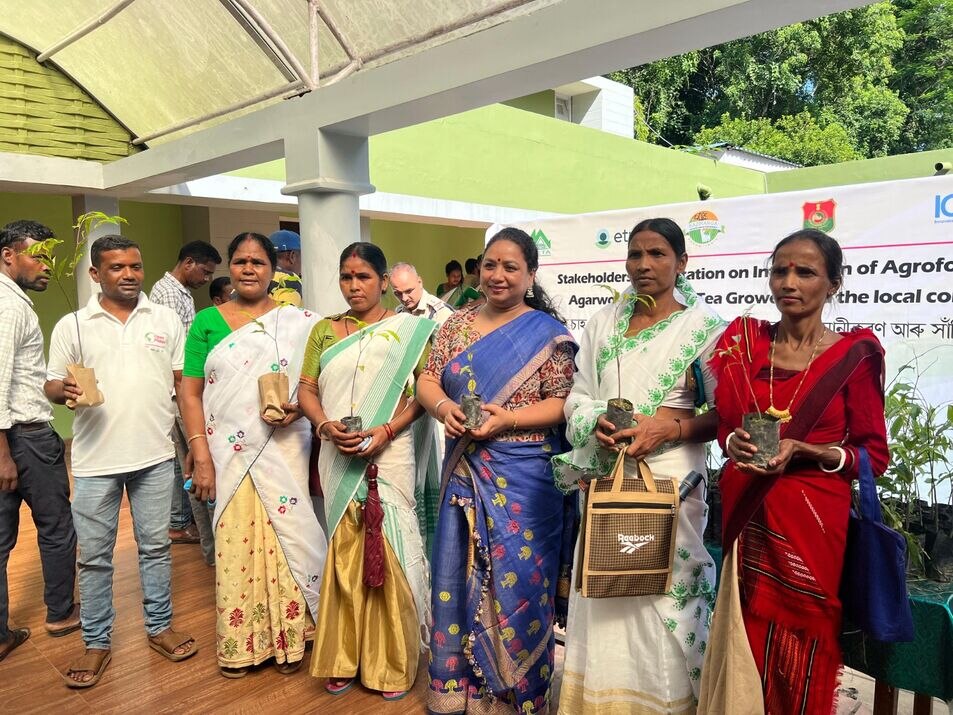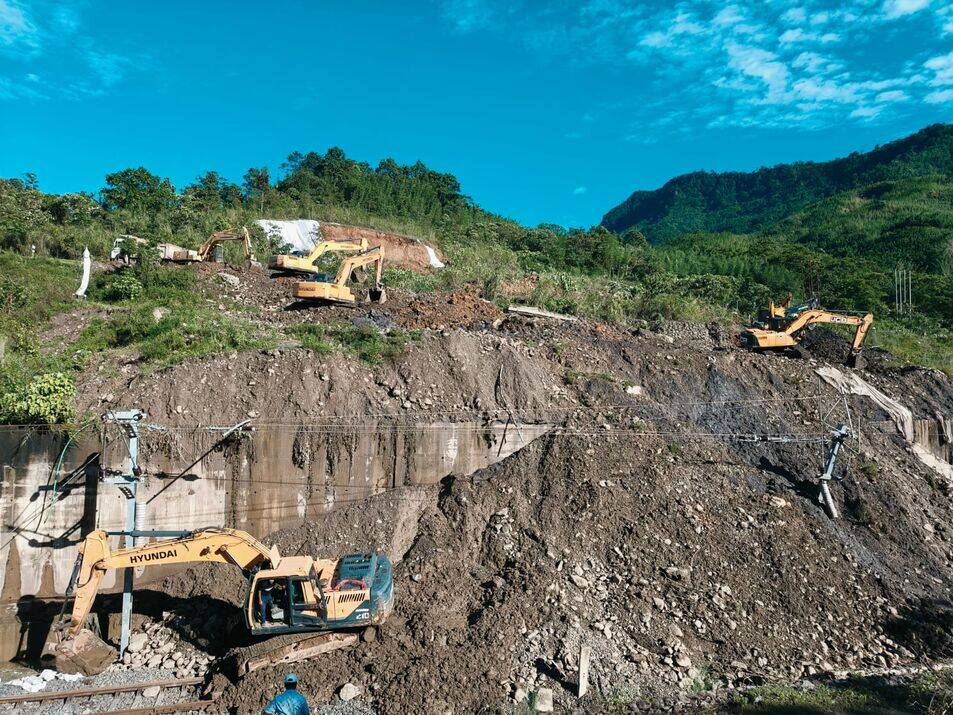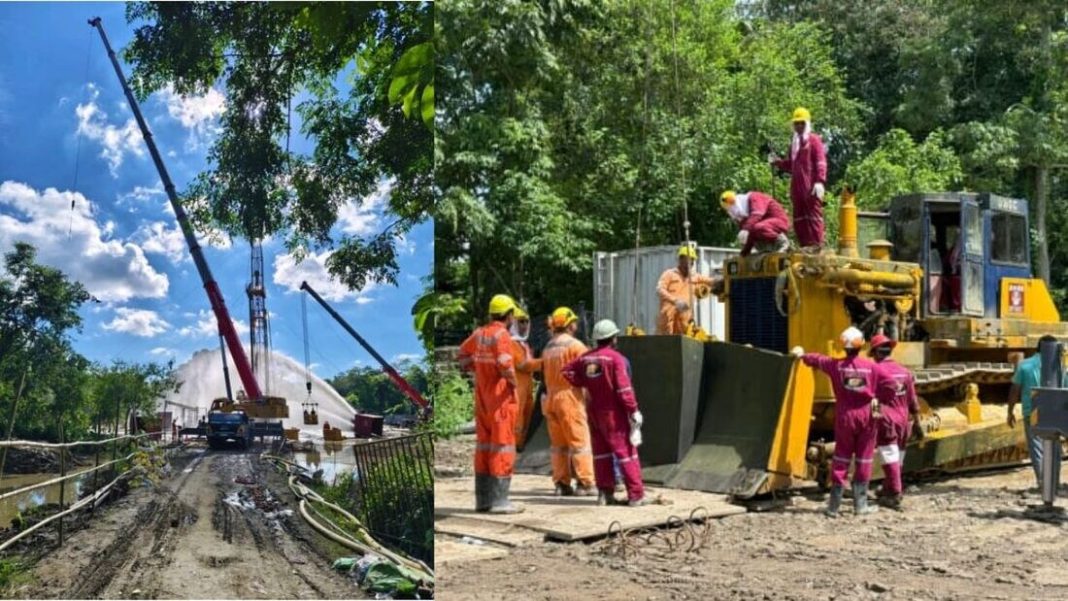Guwahati, June 26: A day-long stakeholder consultation was held at Kohora Convention Centre in Kazirangaon on Thursday to explore the integration of agroforestry for small tea growers and the economic potential of agarwood for local communities.
The event was organized by the Assam Agroforestry Development Board (AADB) in collaboration with the Kaziranga National Park authority, NEIST, ICCo, and several tea growers’ associations.
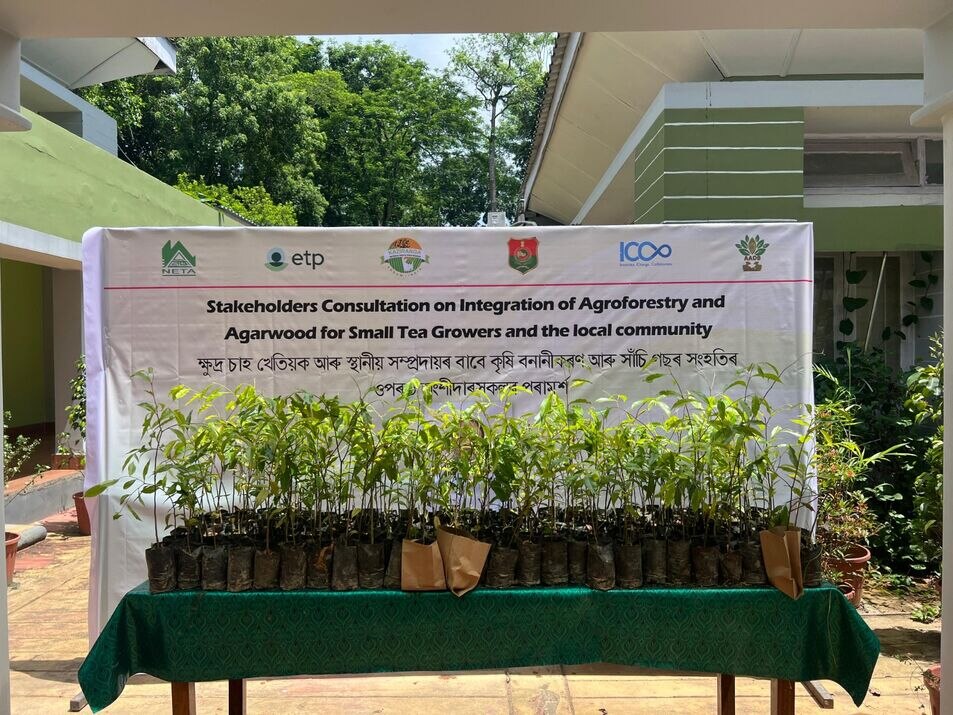
The consultation brought together government officials, researchers, industry leaders, and farmers to address the growing challenges faced by small tea growers (STGs) in Assam. These include fluctuating market prices, soil degradation, climate change, and lack of crop diversification. Participants agreed that agroforestry could serve as a transformative approach to create a more resilient and sustainable tea sector.
The event began with a floral tribute to tribal freedom fighter Birsa Munda, commemorating his 150th birth anniversary under Janjatiya Gaurav Varsh. The consultation featured presentations on agroforestry models, land-use planning, and biodiversity conservation, led by Dr. Sonali Ghosh, Director of Kaziranga National Park and CEO of AADB.
Speakers highlighted how integrating tree species such as agarwood into tea landscapes could enhance ecological health, improve soil quality, and provide alternative income sources for smallholders. Agarwood, known as the “Tree of the Gods,” is deeply embedded in Assam’s cultural and economic fabric. With over 10 crore trees in the state, Assam holds a unique position in the global market for luxury perfumes, incense, and traditional medicine derived from agarwood.

Dr. Virendra M. Tiwari, Director of NEIST, emphasized the untapped economic potential of agarwood cultivation and its value as a high-return crop for small farmers. ICCo Executive Director Alay Barah addressed the issue of man-animal conflict in tea-growing areas, suggesting that agroforestry could serve as a nature-based solution to improve coexistence and reduce environmental stress.
Leaders from the tea industry, including Rajen Bora, president of the All Assam Small Tea Growers Association (AASTGA) and Manisha Sharma of the North Eastern Tea Association (NETA), offered practical insights into policy gaps and field-level implementation challenges. Representatives from the agriculture department and the Tea Board also participated in the discussions.
The event included the ceremonial distribution of agarwood saplings to small tea growers, marking a symbolic step toward the large-scale adoption of agroforestry practices.
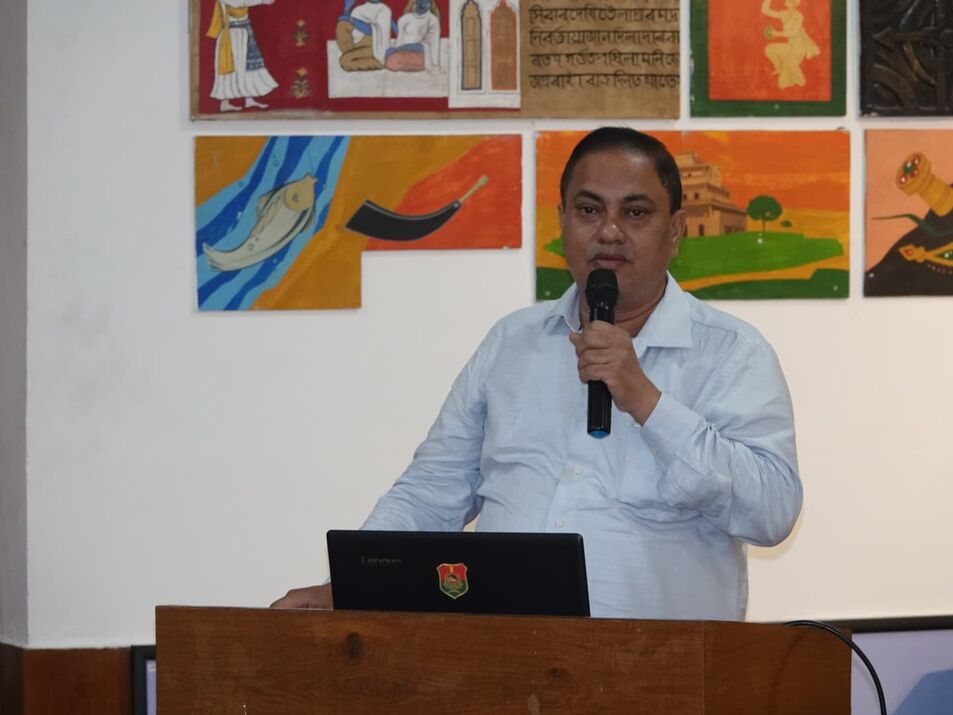
In his closing address, Revenue Minister Keshab Mahanta called for the urgent adoption of sustainable practices to tackle climate change and minimize human-animal conflict.
Speaking on the occasion, MP Kamakhya Prasad Tasa reaffirmed the government’s support for small tea growers and its commitment to promoting environmentally responsible cultivation.
The consultation ended with a collective call to align policy, research, and grassroots action to transform Assam’s tea sector into a model of ecological and economic sustainability.

